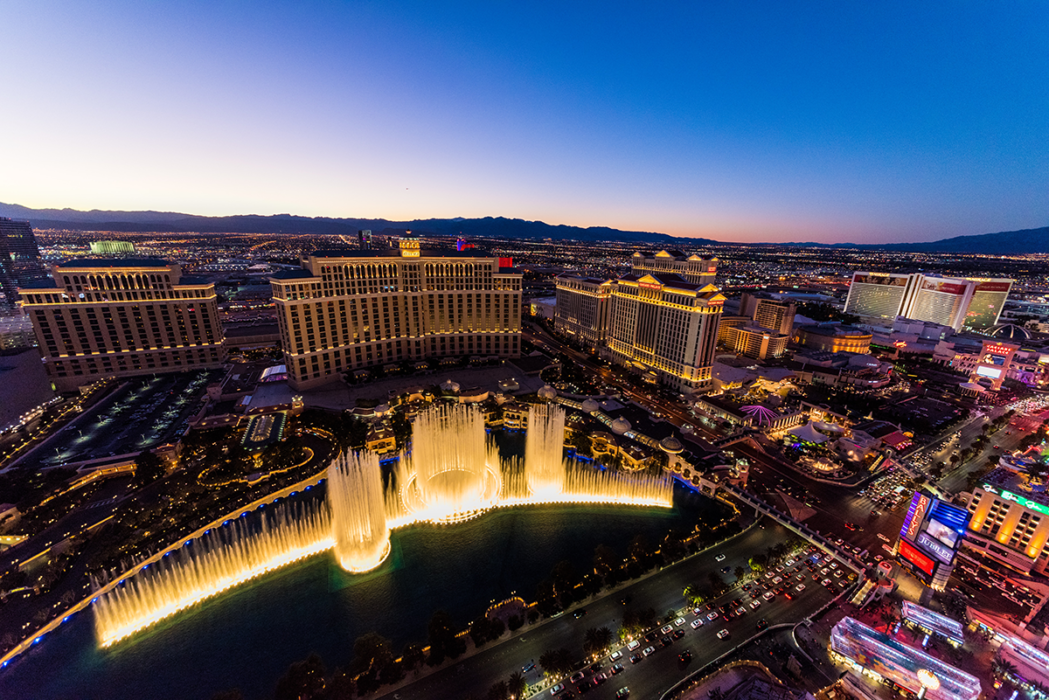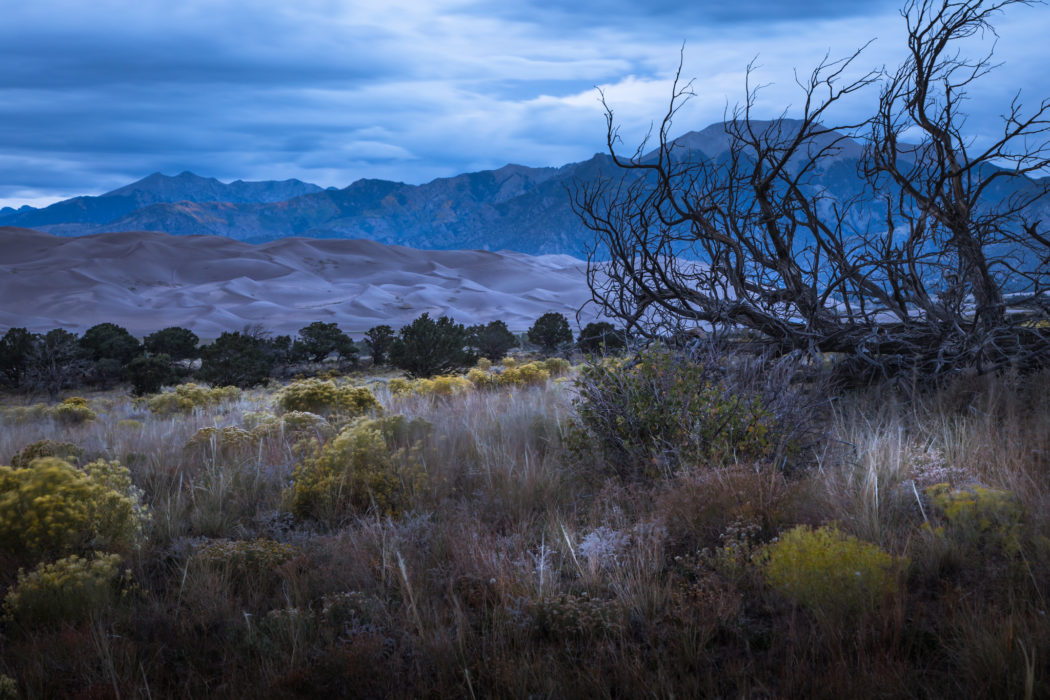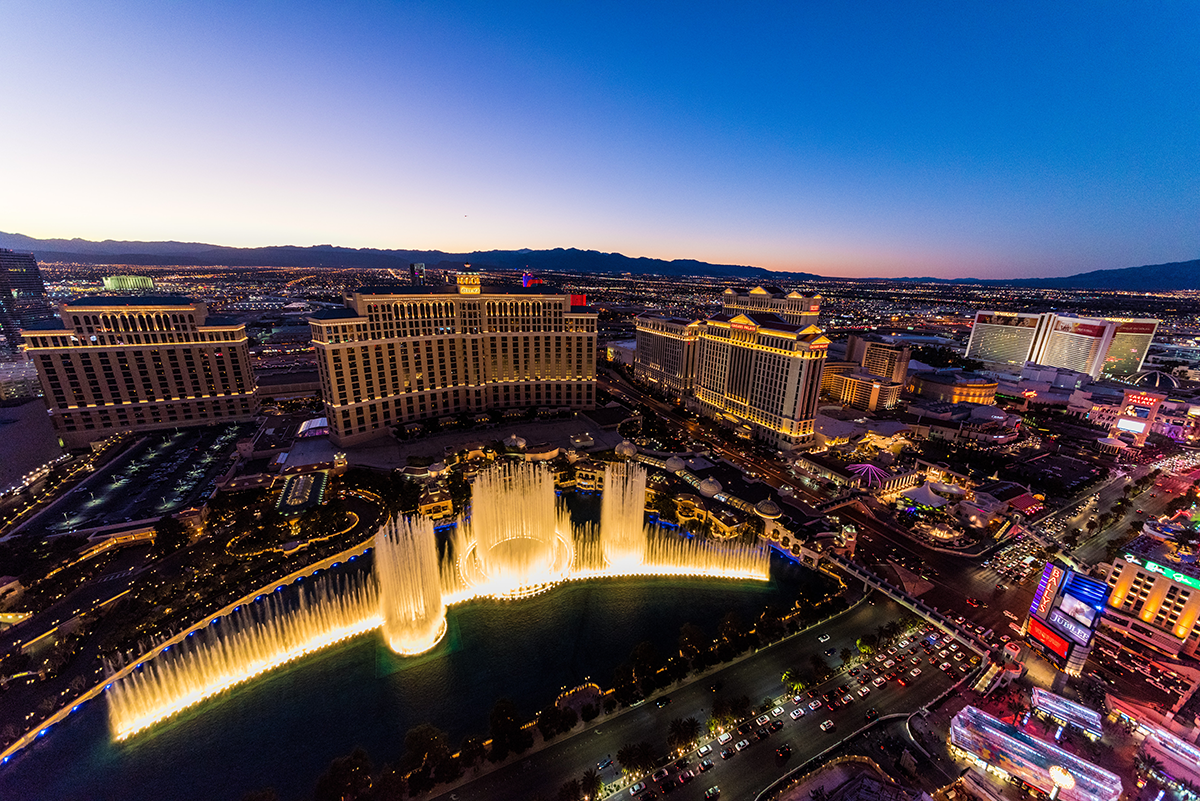
This post first appeared in The Bitterroot Newsletter. Sign up below to get Bitterroot stories direct to your inbox.
President Donald Trump’s decision yesterday to end negotiations over a broad coronavirus relief package will have serious ramifications in the West. A certain class of Americans — namely, those able to work from, and afford, their own homes — are doing fine. Their investment portfolios are faring well, and the big companies they work for are doing brisk business. But ignoring the plight of struggling workers any longer jeopardizes the entire economy, especially in our region.
Ten of the 25 metro areas with the highest unemployment rates are in the West. Perhaps nowhere has been harder hit than tourism-dependent Las Vegas, where more than 127,000 jobs have vanished. And, with federal aid programs expiring, many temporary furloughs are becoming permanent layoffs — MGM Resorts, for instance, is shedding 18,000 employees. All this comes after the federal government’s $600-a-week unemployment boost lapsed. That has folks like Sharon Beza, a Las Vegas cocktail waiter, scrambling.
“(I) worked there from the bottom up, ” Beza told the Las Vegas Review-Journal. “Now, I need to go back in the workplace at (nearly) 60 years old. It’s hard … all I know is cocktails and that business.”
Glance at the latest unemployment numbers, and one could believe things are improving. Nationally, the unemployment rate fell to 7.9 percent in September. Utah, Idaho, Montana, Arizona, and Wyoming have some of the lowest unemployment figures in the country. But those statistics belie some troubling realities that could upend economic stability in the region.
For one, despite the President’s claims, the virus is picking up steam around the West — especially in the aforementioned states. Hospitalizations have doubled in Wyoming. The rate of new infections is at or near record levels in Utah, Montana, and Idaho. And confirmed case counts may only scratch the surface of the virus’ impact. In Arizona, for instance, deaths are up 22 percent over 2019 levels — a jump experts attribute not just to confirmed COVID-19 deaths, but also to undiagnosed cases and folks avoiding needed medical treatment during the pandemic.
Amid all this, federal aid has propped up the national economy. Funds from the Paycheck Protection Program, CARES Act, and individual stimulus checks maintained jobs and consumer spending, but those coffers are running dry. As a result, job recovery is slowing. One reason the national unemployment rate fell in September is that 700,000 people left the job market entirely, meaning they weren’t included in the jobless statistics.
The Democrat-led House of Representatives passed a $3 trillion relief package back in May that would have extended and enhanced the PPP and other aid programs. The Republican-controlled Senate, however, has punted on meaningful relief measures, and Trump has signaled he’s open only to one-offs, such as the individual stimulus checks, before the election.
Avoiding comprehensive aid could be catastrophic. “Too little support would lead to a weak recovery, creating unnecessary hardship for households and businesses,” Federal Reserve Chair Jerome Powell said this week. “Over time, household insolvencies and business bankruptcies would rise, harming the productive capacity of the economy and holding back wage growth. By contrast, the risks of overdoing it seem, for now, to be smaller.”
Powell’s comments echoed those made by his Depression-era predecessor, Marriner Eccles. In July, I wrote about Eccles’ significant impact on the New Deal, and his desire to increase government spending during the Great Depression. “Fighting a depression is like jumping over an abyss,” he wrote in his first memo as a Federal Reserve governor. “If the cleft is ten feet wide, even a nine foot jump is worse than no effort at all.”
Instead of spanning the abyss with investments in jobs programs or climate action, the Senate and White House are opting instead for a 9-foot jump. Folks like Utahn Edmund Burke, who has applied for dozens of jobs and was reliant on federal unemployment assistance, are going to pay the price.
“I’m so tremendously disappointed that politics is so much more important than people’s health,” Burke told The Salt Lake Tribune. “And that’s not at all taking a political position on who’s right or who’s wrong. Because they’re all wrong.”
Bitterroot is made possible by reader support.
Worth a read
Both presidential candidates are very old. One of them is very sick. And, in the last debate, they just shouted at each other. So you should watch VP candidates Kamala Harris and Mike Pence debate tonight in Salt Lake City.
•••
California rancher Dave Daley reflects on devastation amid that state’s record wildfires. “He is heavy-hearted that his 3-month-old granddaughter Juniper — Juni for short — will never see [the range] as he did,” Anita Chabria writes in the Los Angeles Times. “He fears that her father, his son Kyle, is inheriting a family tragedy instead of a tradition. He is grieving that his daughter Kate, a veterinarian, had to euthanize an injured cow, only to see its calf kicking inside her, unable to cut it out in time to save it.”
•••
Seattle-based journalism shop InvestigateWest has a damning report about the conditions farmworkers face amid wildfires. The folks who pick produce must deal with dangerous levels of smoke, and are the last to learn of evacuation orders. “There’s no protection for farmworkers whatsoever, and even if it does come, it’s always last minute and in crisis mode, and there’s never anything prepared beforehand until it happens again. Then we start all over.”
•••
One of New York’s premier developers, The Wall Street Journal reports, wants to build a new ski area outside Park City, Utah. I know they are primarily real estate plays, but building a ski resort seems like a really bad idea given, y’know, climate change.
Love this newsletter? Spread the word.
Your Land
An ode to the public lands we share

Share with a friend | Watch a cat video | View previous newsletters

